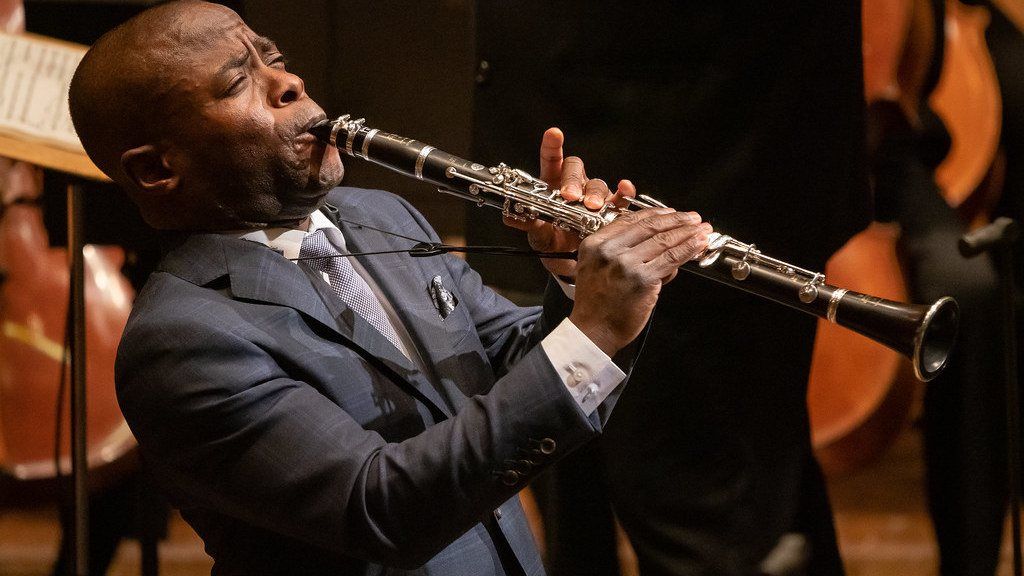Mozart’s Oboe Concerto: François Leleux and the Frankfurt Radio Symphony
Mozart wrote the Oboe Concerto in C Major for Giuseppe Ferlendis, an Italian oboist who was appointed to the Salzburg Court Orchestra in April, 1777. A few months after the work’s completion, the 21-year-old composer was pressed for time to fulfill a commission in Mannheim from the Dutch flutist, Ferdinand De Jean. He adapted the Oboe Concerto for flute, and the recycled piece became his Flute Concerto No. 2 in D Major. After …






